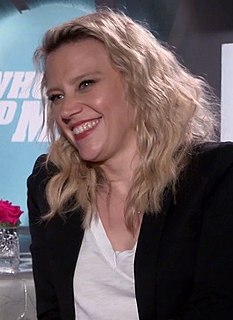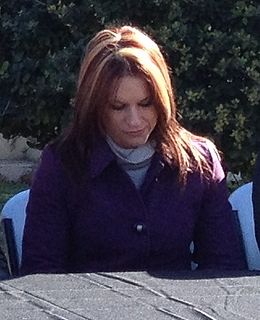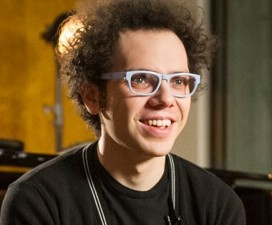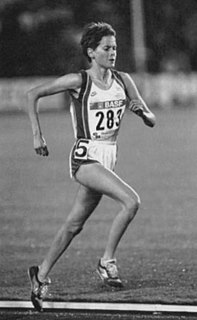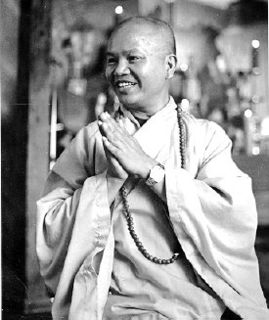A Quote by Kate McKinnon
I found I could speak louder and was more comfortable if I was doing it in someone else's crazy voice.
Related Quotes
The ability to walk in someone else's shoes, or in my case, play down in someone else's cleats is one of the very best things you can do. There's nobody in this world who doesn't have that voice in their head. Sometimes it's the best voice in the world, and it pumps you up, but sometimes the voice is down. I wanted my players to be able to hear my voice in their head instead of someone else's because I knew that was a narrative I could control.
But you're almost eighteen. You're old enough. Everyone else is doing it. And next year someone is going to say to someone else 'but you're only sixteen, everyone else is doing it' Or one day someone will tell your daughter that she's only thirteen and everyone else is doing it. I don't want to do it because everyone else is doing it.
I think now that I've tried directing, I'm not interested in doing adaptations anymore. I could do an adaptation of someone else's work that I would write, but the idea of taking someone else's material entirely doesn't interest me. One of the things that I found really helpful, at least in my mind - and I've never discussed this with the actors or with the people I work with - is that being a neophyte in directing, I feel like I have a kind of authority simply because I'm the writer as well.
I think the problem for the future generations is a lot of people ain't takin' the time to look for galvanizing artists and give them their voice, so therefore for their voice to be heard, they gotta bang more pots on the ceiling, so to speak; they gotta do crazy things just to get recognized. I just feel that whenever you don't give a generation some kind of voice, then expect side effects.
